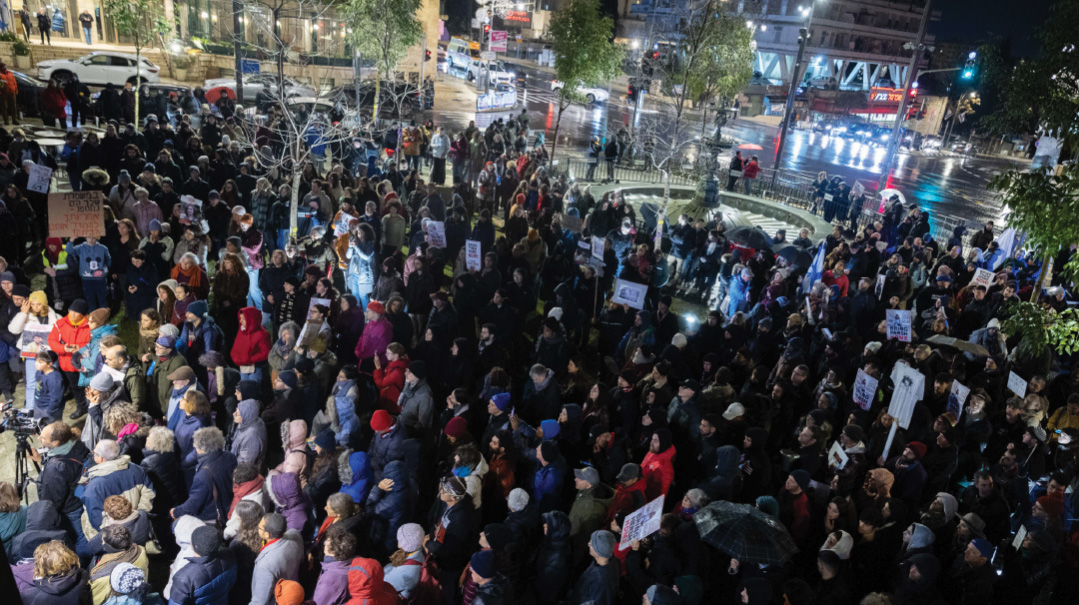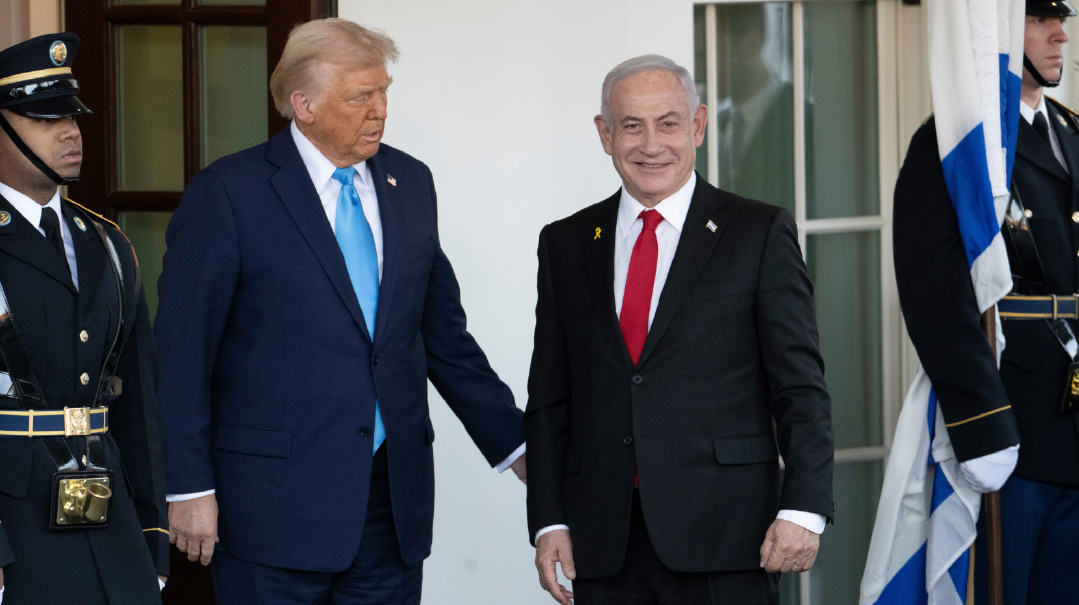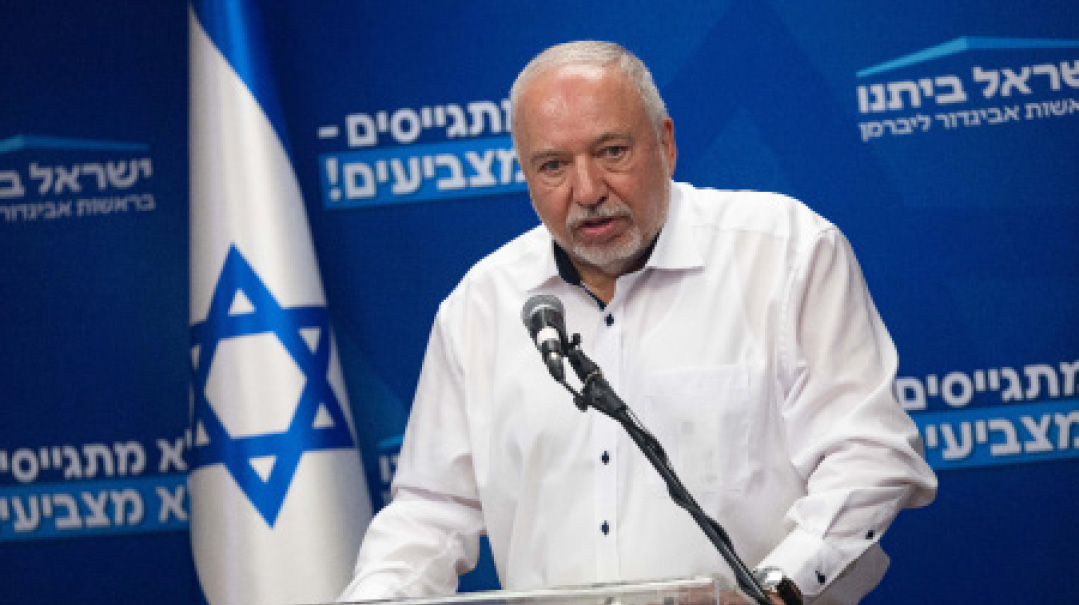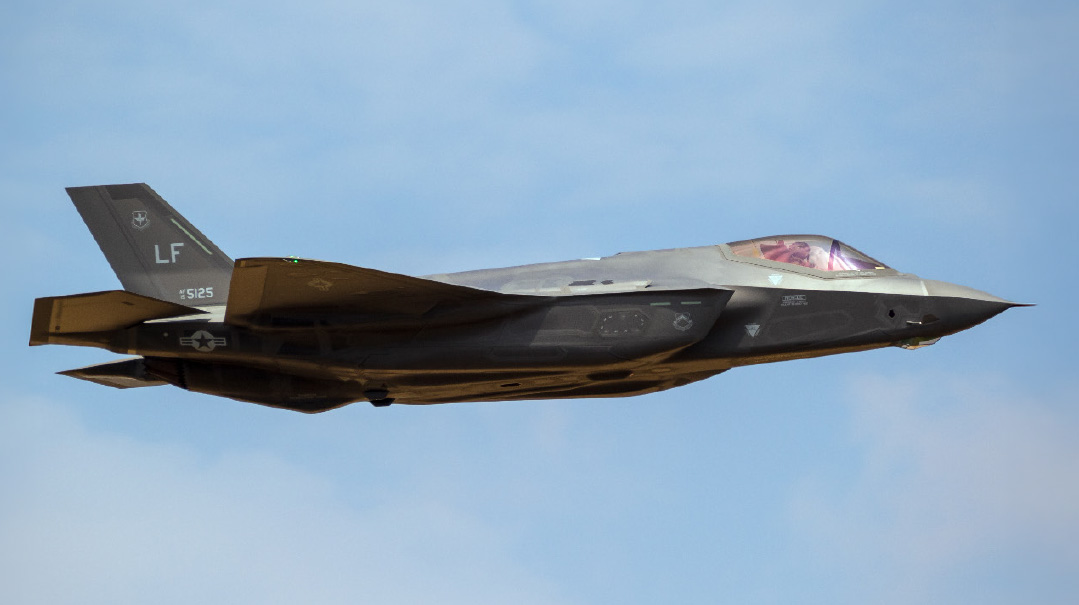The Last Thing Israel Needs Now

Bringing the hostages home now and demanding new elections now. ...those two goals are contradictory

Thirteen consecutive days of rain in Israel did not dampen the ardor of demonstrators who packed Tel Aviv’s slick streets for the ritual Motzaei Shabbos rally that morphed from a protest against judicial reforms into an outright anti-government rally with twin goals: bringing the hostages home now and demanding new elections now.
Unfortunately, those two goals are contradictory. The demonstrators are engaging in self-deception if they believe that a new government will solve the hostage crisis faster than the current leadership.
For starters, the timing would be disastrous.
Snap elections don’t mean you get a new government with a snap of the fingers. Logistically, it takes at least four months from when the Knesset initiates the process to dissolve itself until elections can be held. It normally takes two more months to finalize coalition negotiations and swear in a new government.
Six months is an eternity under current conditions, especially if your main concern is the hostages’ well-being. Hamas would have zero incentive to release even one hostage during that period. They would leverage the six months to up their demands and hold out for a better deal from a left-wing government more likely to succumb to heavy domestic and international pressure. All of Israel’s enemies would declare a righteous victory, claiming their forces ousted Netanyahu.
Aside from that, the demonstrators are suffering from wishful thinking based on polls that show a new election would sweep Benny Gantz and a center-left coalition into power.
Disregard any poll that asks voters their preferences based on the current party lineup. While some polls do present “what if so-and-so runs” scenarios, there are too many moving parts to arrive at a realistic alignment.
Here are just some of the choices voters may face.
The biggest political earthquake could come if the Likud split into two parties.
Today’s Likud consists of pro-Bibi and anti-Bibi (or at least Bibi-neutral) factions. One scenario has Netanyahu and his loyalists forming a separate party, much as Ariel Sharon did in 2005, when he established Kadima after the Likud mainstream rejected him for foisting the Gaza disengagement on the nation.
A Bibi-less Likud would leave rivals such as Yuli Edelstein and Nir Barkat to pick up the pieces of the Likud brand. While this sounds far-fetched, considering the Likud’s 50-year track record of political stability, nevertheless, after October 7, Netanyahu’s grip on his fractious party has weakened.
Short on Deeds
Yesh Atid, the Knesset’s second-largest party, with 24 seats, is long overdue for contraction. Yair Lapid, party leader since its 2013 inception, has agreed to hold the faction’s first-ever primary next month and will face at least one challenger.
The electorate wants action, not words. Lapid is glib, but he has precious few accomplishments in his 11 years in politics. He won a big following among young secular Israelis with promises to lower housing costs, but bungled his one attempt to do so in his brief stint as finance minister. His plan to cut taxes on new housing drew wall-to-wall opposition from economists, the Bank of Israel, and even the attorney general. And during his even briefer stint as prime minister, he signed away Israeli offshore drilling rights to Hezbollah — something only he seems to consider an accomplishment. Hezbollah expresses its gratitude with daily missile barrages.
Benny Gantz’s faction of 12 MKs is also unlikely to survive intact, despite polls that show him tripling his representation in the next election.
With the help of friendly media — who would support Al Sharpton for prime minister if he were Jewish and running against Bibi — Gantz has cultivated a statesmanlike image that doesn’t pass closer scrutiny. Gantz, a career IDF officer, served as IDF chief of staff from 2011 to 2015 during the start of the “Arab Spring,” which coincided with the peak years of the Hamas and Hezbollah military buildups. He is every bit a part of the “conceptzia” that underestimated our enemies and overestimated our deterrence.
Ha’aretz’s right-wing columnist Israel Harel recently criticized Gantz for embracing the anarchist elements, while describing Gantz as “not perceived by the public as a great strategist, or as a former brave warrior on Israel’s battlefronts… nor as a bold leader on the political battleground.” Gideon Saar’s New Hope faction controls four of Gantz’s 12 seats; Saar is no longer enamored with Gantz and could split from him before the next election, further weakening Gantz’s current base.
Political Puzzle
None of the above considers reports that Israel’s 300,000 reservists might organize a new party on the platforms of fostering security and economic growth.
Nor does it include the new left, led by Achim L’Neshek (Brothers in Arms), who are well-financed by domestic and foreign NGOs. They proved their political and media clout by killing judicial reform and are the backbone of the current anti-government demonstrations.
Finally, many other puzzle pieces are looking for the right fit.
Bezalel Smotrich and Itamar Ben Gvir control two parties with 14 seats. Do they gain ground with voters looking for a tougher line against both Israel’s enemies and its strategic allies? Or do they shrink because of the wide ranges of opinion from right to left within the dati-leumi community, or because delegitimization campaigns have made them appear weaker?
Do the former dynamic duo of Naftali Bennett and Ayelet Shaked attempt a political encore by appealing to secular right-wing voters?
How about new faces, such as Yossi Cohen, the ex-Mossad head with deep ties in the Arab world? Does he enter politics? Join the Likud? Join Netanyahu’s new Likud? A new party?
There are so many more questions than answers.
After October 7, the Israeli government declared war and a fight for survival. Four months later, despite many impressive military accomplishments, Israel has yet to destroy the full extent of Hamas’s tunnel network, nor does it seem equipped to fight a multi-front war against the array of regional military forces aligned against it. The waves of anti-Semitism that have swept the globe are frightening and present a major ongoing challenge.
Israel can’t afford to get sidetracked. It must adhere to its number one goal of destroying Hamas, militarily and politically, and deterring our other enemies.
Politically responsible and mature leadership must resist the pressure for snap elections until Israel achieves victory on the battlefront and then conducts a serious assessment of the failures that led to the current debacle.
The next government stands a chance of greater success if it incorporates the lessons learned, which should also include a new commitment to military and economic self-reliance to the greatest extent possible in today’s globalized economy. That would help instill new self-confidence in a nation with a destiny to fulfill without feeling the need to appease enemies, or be dependent on “friendly” nations who have their interests, and not ours, at heart.
(Originally featured in Mishpacha, Issue 998)
Oops! We could not locate your form.







